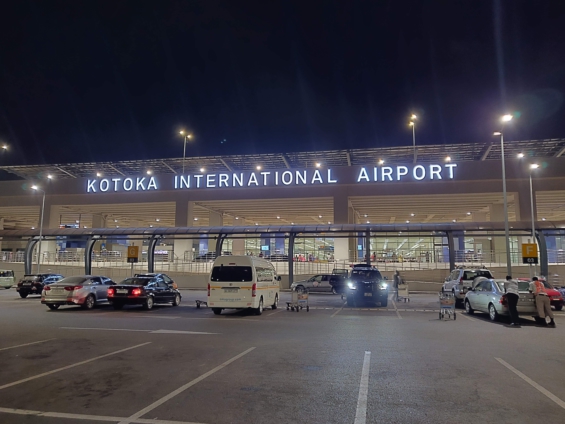Senegal Sets Presidential Election Date for 24 March
Parliament has recently endorsed an amnesty law aimed at addressing offenses linked to the protests, reflecting a step towards reconciliation. President Sall, facing accusations from his opponents of orchestrating a constitutional coup, asserts that his intent is not to extend his time in office. His current 12-year tenure is set to conclude on 2 April.
Related To This: Senegal Elections: President Macky Sall's Failure to Announce New Date For Poll Raises Concerns
The announcement of the election date has been met with approval from opposition figures, emphasizing the need for fair, just, and transparent electoral processes. Aminata Touré, a former prime minister who transitioned to the opposition, highlighted the importance of fulfilling this democratic duty.
Senegal has historically been regarded as one of Africa's most stable democracies, notably as the sole country in mainland West Africa to have never experienced a military coup. Prior to the recent announcement, attempts to postpone the initially slated February poll led to deadly unrest, compelling the Constitutional Council to mandate that the election must occur before 2 April.
In a bid to alleviate political tensions, President Sall dissolved the government, appointing a new Prime Minister, Sidiki Kaba, to enable the ruling coalition's presidential candidate to concentrate on the electoral campaign.
The announcement of the election date has been met with approval from opposition figures, emphasizing the need for fair, just, and transparent electoral processes. Aminata Touré, a former prime minister who transitioned to the opposition, highlighted the importance of fulfilling this democratic duty.
Senegal has historically been regarded as one of Africa's most stable democracies, notably as the sole country in mainland West Africa to have never experienced a military coup. Prior to the recent announcement, attempts to postpone the initially slated February poll led to deadly unrest, compelling the Constitutional Council to mandate that the election must occur before 2 April.
In a bid to alleviate political tensions, President Sall dissolved the government, appointing a new Prime Minister, Sidiki Kaba, to enable the ruling coalition's presidential candidate to concentrate on the electoral campaign.
Related To This: Senegal's President Proposes Amnesty for Convicted Protesters Amid Political Unrest
Lawmakers have also approved a bill granting amnesty for offenses related to political demonstrations within a specified timeframe. While critics raise concerns about potential shielding of serious crime perpetrators, supporters argue that the law could facilitate the release of key opposition figures like Ousmane Sonko, a prominent critic of President Sall.
Despite recent political developments, the list of qualified presidential candidates remains unchanged, hindering figures like Sonko and Karim Wade from participating in the forthcoming election.
Notably, Vice-President of the Pastef party, Yacine Fall, expressed optimism regarding Pastef's candidacy and the potential election victory, underlining a sense of hope and conviction within the party's ranks.
READ ALSO: ECOWAS Lifts Sanctions on Niger Following Political Changes
Lawmakers have also approved a bill granting amnesty for offenses related to political demonstrations within a specified timeframe. While critics raise concerns about potential shielding of serious crime perpetrators, supporters argue that the law could facilitate the release of key opposition figures like Ousmane Sonko, a prominent critic of President Sall.
Despite recent political developments, the list of qualified presidential candidates remains unchanged, hindering figures like Sonko and Karim Wade from participating in the forthcoming election.
Notably, Vice-President of the Pastef party, Yacine Fall, expressed optimism regarding Pastef's candidacy and the potential election victory, underlining a sense of hope and conviction within the party's ranks.
READ ALSO: ECOWAS Lifts Sanctions on Niger Following Political Changes





Comments
Post a Comment